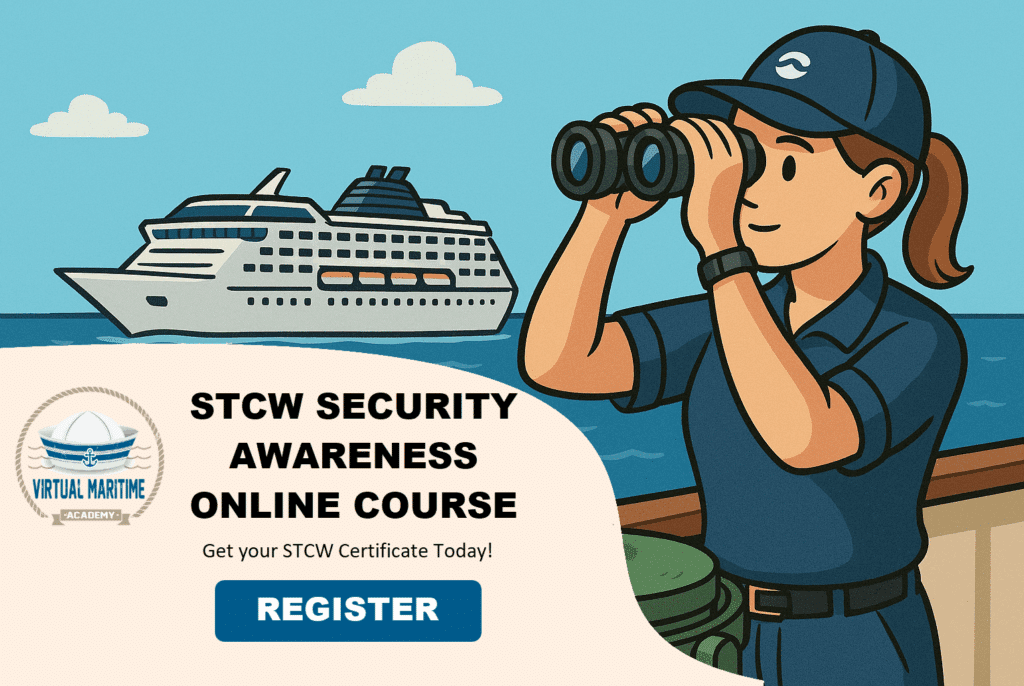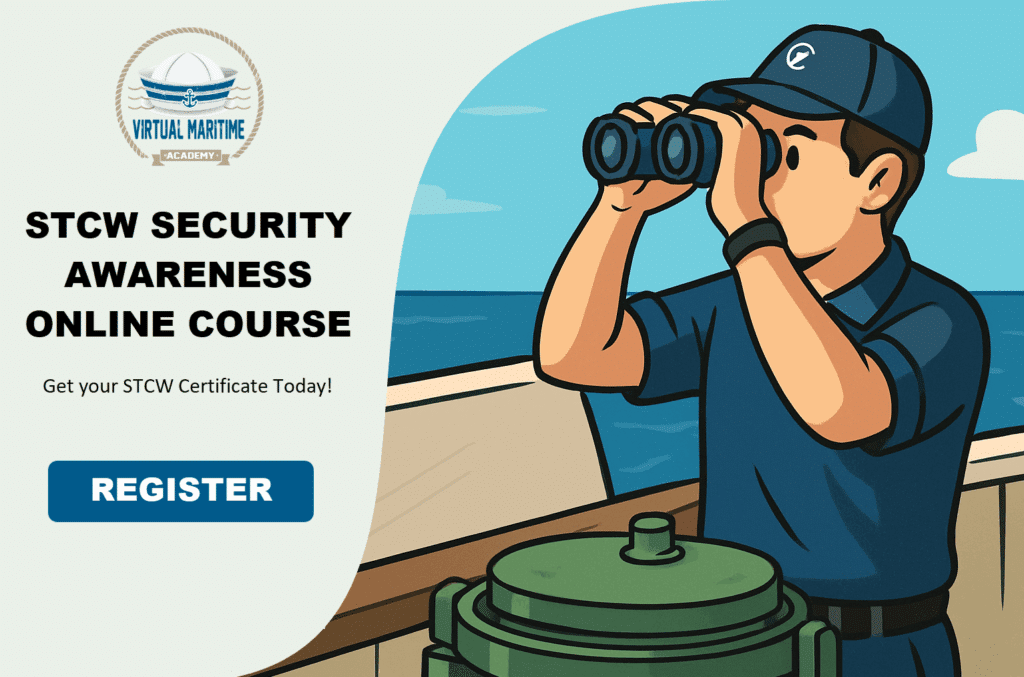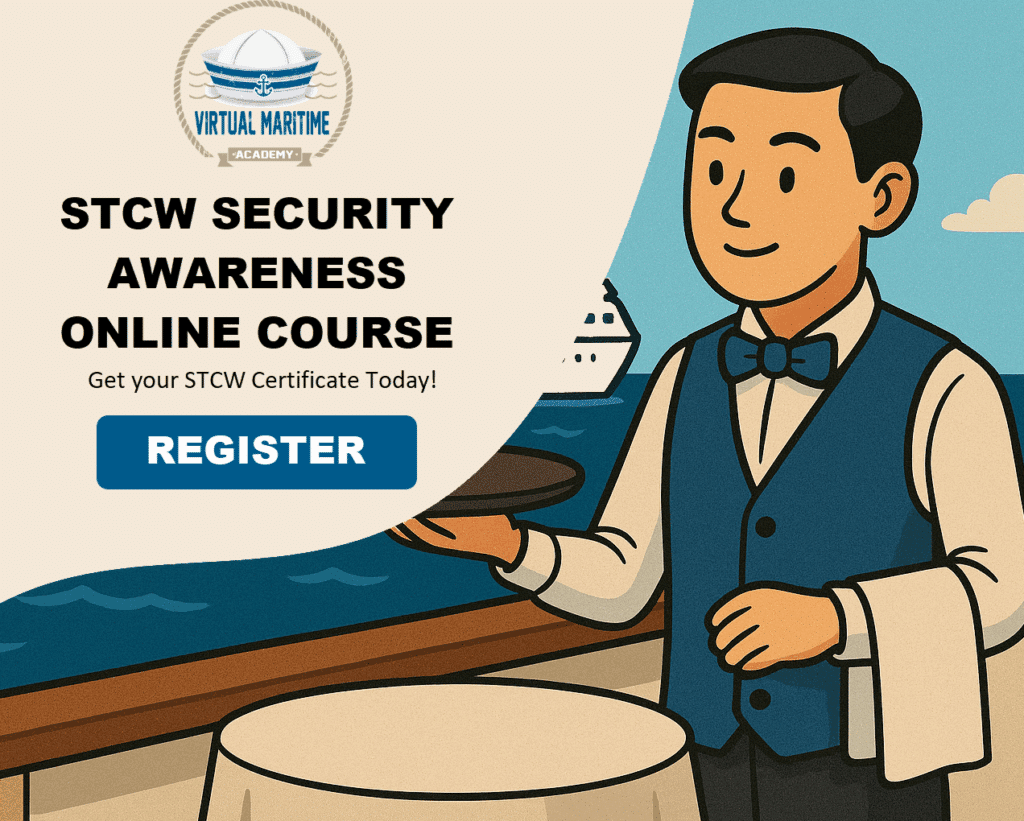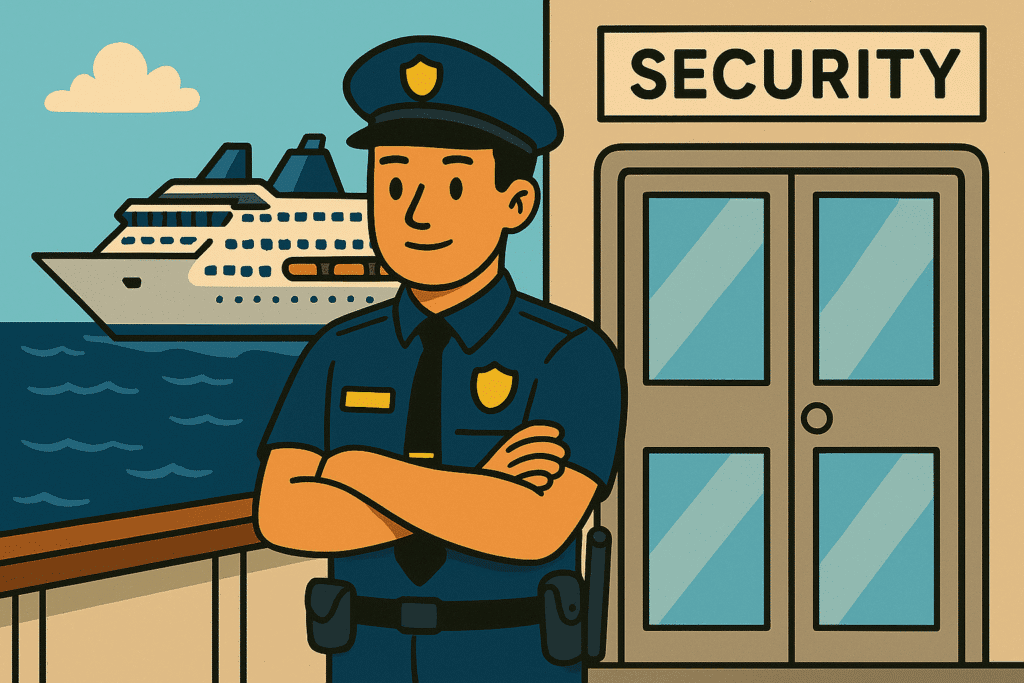Boating in Rough Seas: Strategies for Staying Safe
Boating can be a thrilling and enjoyable activity, but when the weather turns and seas become rough, it presents unique challenges that can test even the most seasoned sailors. Preparation, knowledge, and the right strategies are crucial for ensuring safety in turbulent waters. This article will cover essential strategies for staying safe while boating in rough seas.
Understand the Weather
Before setting out, always check the weather forecast. Reliable sources such as the National Weather Service or local meteorological sites provide valuable information about current and upcoming sea conditions. Knowing what to expect can help you prepare better or decide whether to postpone your trip altogether.
- Weather Apps: Use apps that offer real-time updates on weather and sea conditions.
- Radio Broadcasts: Keep a marine radio onboard tuned to weather channels.
- Barometer Reading: Learn to read a barometer to anticipate changing weather.
Equip Your Boat Properly
Safety equipment is a non-negotiable part of any boating trip, especially in rough seas. Ensure your boat is well-equipped with essential safety gear.
- Life Jackets: Ensure there are enough life jackets for all passengers and that they are easily accessible.
- Emergency Flares: Equip your boat with signal flares and understand how to use them.
- First-Aid Kit: A comprehensive first-aid kit is crucial for managing injuries on board.
- Marine Radio: A VHF marine radio is essential for communication in case of emergency.
Maintain a Proper Lookout
Vigilance is key when navigating rough seas. Assign a dedicated lookout to monitor the surroundings and notify the captain of any changes or hazards. This is especially important in low visibility conditions like fog, rain, or heavy waves.
Adjust Your Speed
Handling a boat in rough seas often means adjusting your speed accordingly. Reduce your speed to maintain control and minimize the impact of waves. Fast speeds can make handling more difficult and increase the risk of capsizing or losing crew overboard.
Navigate the Waves Properly
Proper navigation in rough seas involves knowing how to handle waves. Always aim to take waves at a slight angle (about 45 degrees) rather than head on or broadside. This approach reduces the risk of capsizing and makes for a smoother ride.
Communicate Effectively
Clear communication with your crew is essential. Ensure everyone knows their role and responsibilities in case of an emergency. Use standardized hand signals and verbal commands to coordinate actions during the trip.
Prepare for the Worst-Case Scenario
Part of staying safe in rough seas is being prepared for worst-case scenarios. Have a solid emergency plan in place and conduct regular drills with your crew. Make sure everyone knows how to use safety equipment and what to do in emergencies like a man overboard or a breach in the hull.
Conserve Energy and Stay Hydrated
Rough seas can be physically demanding. Conserve energy by sitting when possible and holding onto secure parts of the boat. Staying hydrated and nourished is also important to maintain your strength and resilience during the trip.
Boating in rough seas requires meticulous preparation, calm decision-making, and effective teamwork. By understanding weather patterns, equipping your boat properly, adjusting your speed, and navigating waves correctly, you can significantly enhance your safety and enjoy a successful trip. Remember, safety is paramount, and it is always better to err on the side of caution.
Equip yourself with these strategies, keep a vigilant eye on the weather, and ensure you have all necessary safety equipment on board. Your well-preparedness and knowledge will make all the difference when facing the challenge of rough seas.











